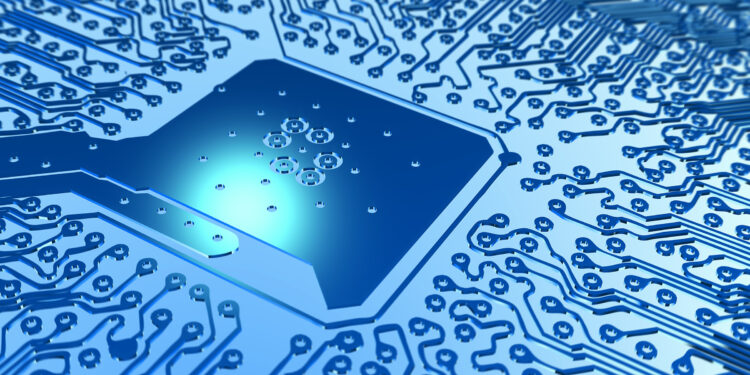Apple is on the verge of a significant technological leap: The company plans to install a self-developed Wi-Fi and Bluetooth chip in the new iPhone 17 series for the first time from 2025. This decision could not only improve the performance and efficiency of the iPhone 17 but is also a strategic step to reduce dependence on external suppliers such as Broadcom.
Apple is preparing to use a self-developed Wi-Fi and Bluetooth chip in the iPhone 17 series from 2025. This news comes from well-known analyst Ming-Chi Kuo, who provides insights into Apple's plans in a post on the X platform (formerly Twitter). According to the report, the company wants to reduce its dependence on Broadcom, a long-time supplier of these chips, and instead rely on its own technologies.
Apple's new Wi-Fi and Bluetooth chip in the iPhone 17
Until now, Apple has sourced its Wi-Fi and Bluetooth chips from Broadcom, purchasing over 300 million chips annually. With the introduction of the iPhone 17 series, this is set to change: Apple plans to develop its own chips, which will be manufactured using the N7 process by TSMC, one of the leading semiconductor manufacturers. These chips are designed to support the new Wi-Fi 7 standard and thus enable faster and more stable wireless connections. Apple's goal is to gradually switch to these internal chips over the next three years, which should reduce production costs in the long term and allow better integration into its own ecosystem.
Clarification on the chip specifications: Two separate chips for WLAN/Bluetooth and 5G
In Kuos report It was made clear that Apple's Wi-Fi and Bluetooth chip and the 5G chip are being developed as two separate units. This means that the 5G chip will initially be used in certain models such as the iPhone SE and iPhone 17 Air, while the Wi-Fi and Bluetooth chip could be distributed more broadly across the product range, possibly also in other Apple devices such as iPads or the Apple Watch. This decision shows that Apple is initially relying on specialized chips that are optimized for certain applications, rather than directly relying on an all-in-one chip for all wireless connections. This allows Apple to remain flexible and adapt specific requirements for different device types. A fully integrated chip could possibly be introduced later in the future, if requirements and technological possibilities allow it.
Benefits of WiFi 7 and technological advances
The WiFi 7 standard, which Apple's new WiFi and Bluetooth chip is supposed to support, brings some notable advantages. WiFi 7 is significantly faster than its predecessors and offers shorter latency times and a more stable connection. This is particularly advantageous for applications such as video streaming, online gaming and augmented reality. The new chip will also be more efficient and consume less energy, which could mean a longer battery life for the iPhone 17. Apple's decision to develop its own chips has far-reaching reasons. On the one hand, in-house production allows more independence and control, which can have a positive effect on innovation and speed in product development. On the other hand, by not using third-party providers such as Broadcom, costs are reduced in the long term. The transition to self-developed chips is a strategic step that should enable Apple to respond more quickly to new requirements and technical developments and integrate them into its own devices.
More devices with the new chip from 2025?
Kuo also suggests that Apple's new chip technology could be used not only in the iPhone 17 series but also in other products from the second half of 2025. This could include future models of the Apple Watch, iPads or even Macs, which would then also benefit from this new chip technology. Especially with regard to the Apple Watch and iPads, this could enable closer networking within the Apple ecosystem, as all devices would use uniform, powerful and energy-efficient wireless technologies. Apple's long-term research and development work in the area of its own chips seems to finally be bearing fruit. The path to the company's own Wi-Fi, Bluetooth and 5G chips not only involved major investments but also took several years. The first results of this work will now be seen in the iPhone 17 and could influence Apple's entire product portfolio in the long term.
Apple's big step towards independence
By introducing its own Wi-Fi and Bluetooth chip in the iPhone 17, Apple is showing that the company is serious about becoming independent and gaining more control over its own product line. This decision has the potential to strengthen the entire Apple ecosystem as devices become increasingly interconnected and have a unified technology base. For you as a user, this could lead to better connectivity, more security and longer battery life. It remains to be seen how this strategy will affect other Apple products, but one thing is certain: the iPhone 17 will be one of the most exciting devices of the coming year in terms of technology. (Photo by Mike_Kiev / Bigstockphoto)





